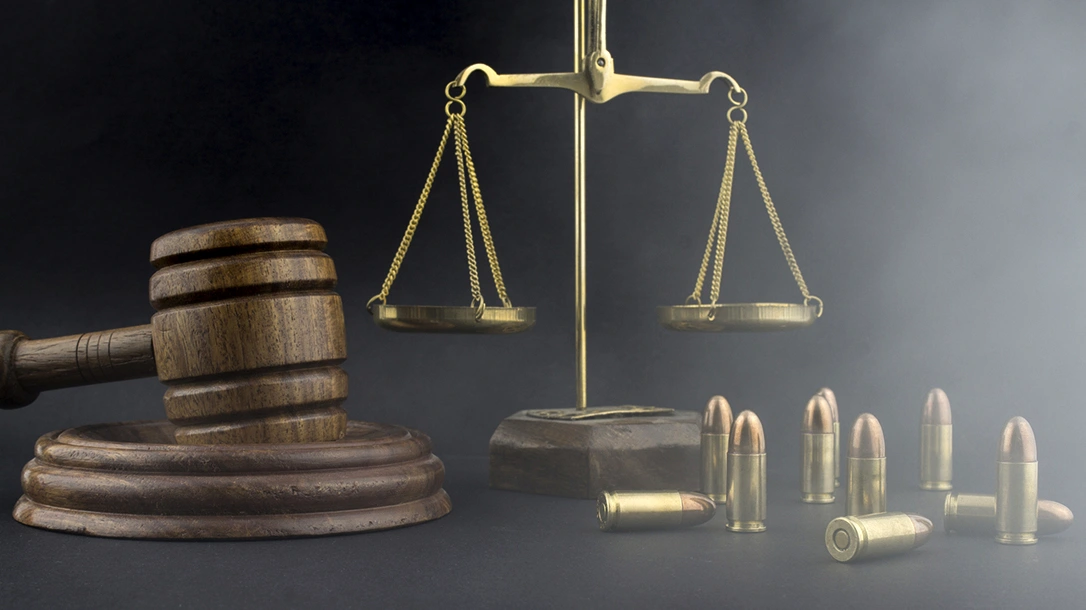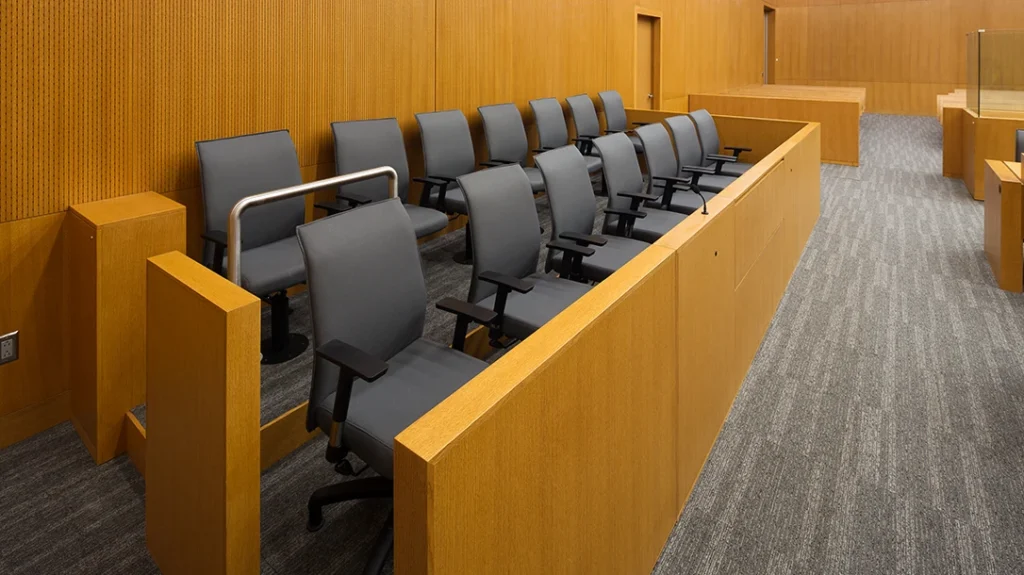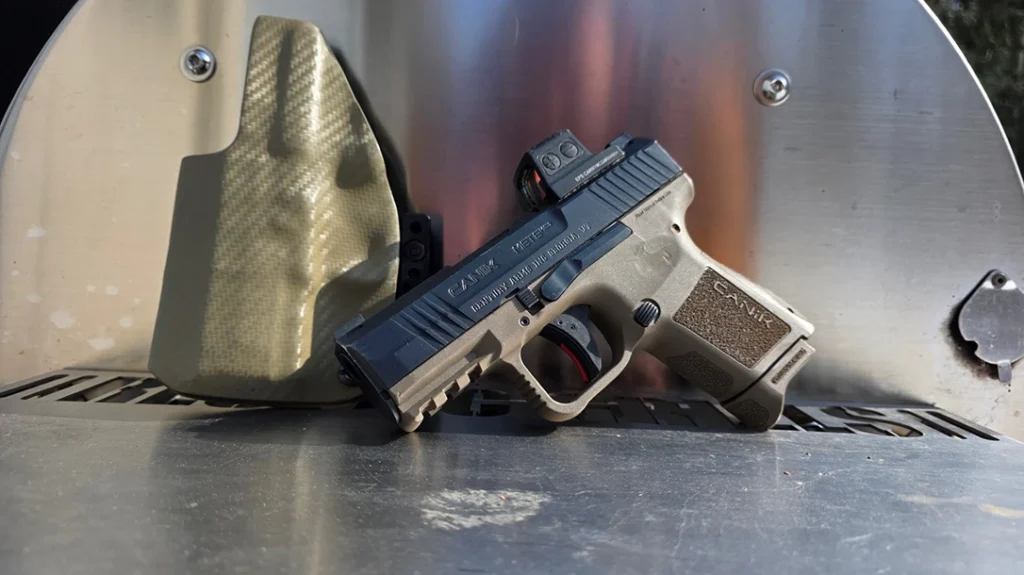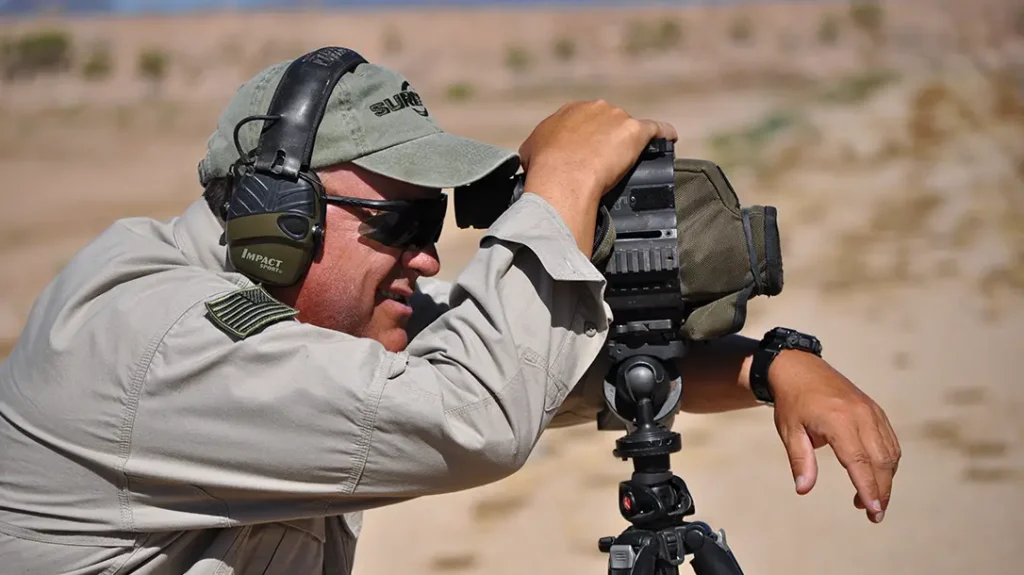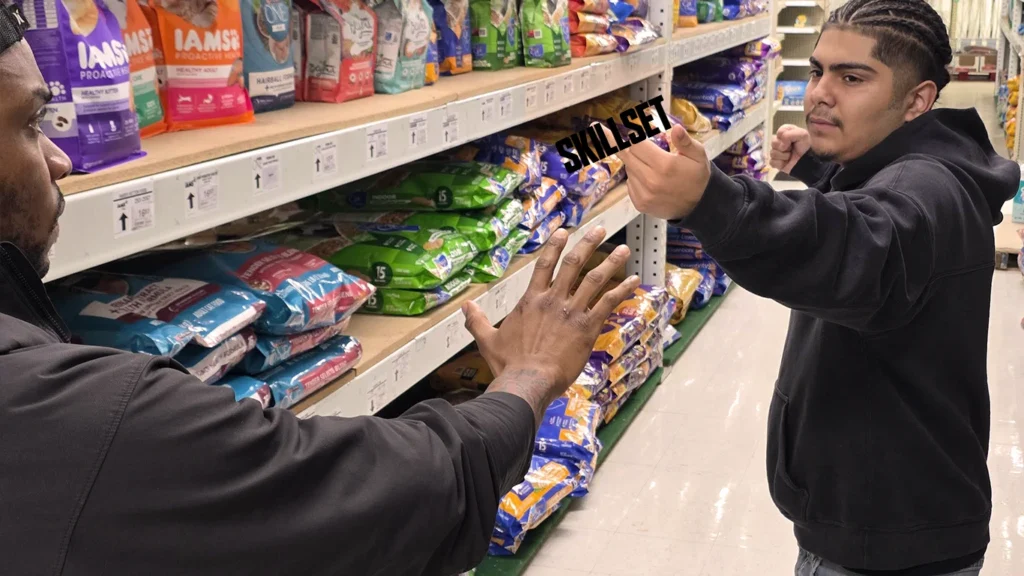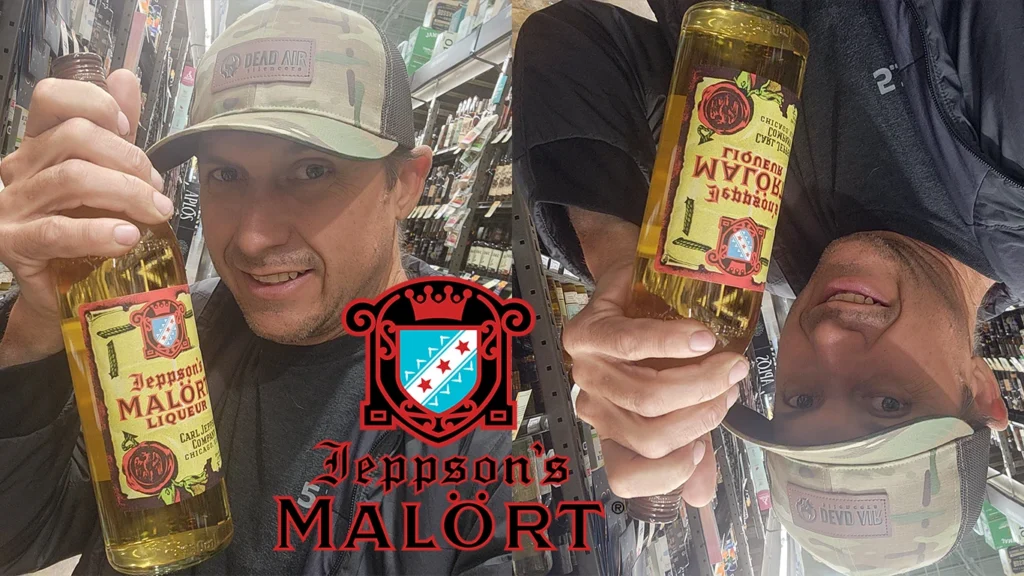I am in my 46th year as an expert witness for the Courts in weapons, assault, and homicide cases, both criminal and civil. I’ve learned that a whole lot of the conventional wisdom for defending shooting cases is geared on experience with clients who were either guilty as charged or guilty of some lesser included offense. So, the question I will address here is, should the defendant in a self-defense shooting take the witness stand in court?
Should a Self-Defense Shooting Defendant Take the Stand?
Some prosecutors in criminal cases and plaintiff’s lawyers in civil lawsuits play on the fact that a great many people think the Sixth Commandment, “Thou shalt not kill,” is meant literally. In fact, theological scholarship shows that in the original Hebrew, it translates as “Thou shalt not commit murder.” That is, “Thou shalt not kill with evil intent.”
Many criminal defense lawyers say, “I never put my defendant on the stand!” Why might they say that? Well, for one thing, it is generally accepted that the Justice System works pretty well. Not to mention, a high 90th percentile of the accused are, in fact, guilty.
Advertisement — Continue Reading Below
What could a guilty defendant say on the witness stand that wouldn’t be an admission of guilt—or a lie? It could subject that defendant to an additional charge of felony perjury. Likewise, it could even open the door for their attorney to be charged with subornation of perjury on the theory that they knew their client was going to lie under oath but put them on the witness stand anyway.
(If you ever hear a lawyer say, “None of my clients ever lied to me or withheld information from me,” you know you are dealing with a very young, very new attorney.)
What if You’re Actually Innocent?
But let’s assume that you are the rare client who is, in fact, innocent and wrongfully accused of murder/manslaughter/aggravated assault/whatever because you intentionally shot a violent criminal who was attacking you or someone you had the right to protect.
Advertisement — Continue Reading Below
A smart lawyer will recognize that what you need is an Affirmative Defense. In essence, this says, “Yes, my client shot him, but my client was justified in doing so.”
It’s not a “who dunnit” anymore. It is stipulated that you “dunnit.” It’s now a question of “Why did you do it?”
When it comes down to ‘Why Did You Do It,’ only you, the defendant, can fully answer that question.
Advertisement — Continue Reading Below
Case Examples
Again and again, I’ve seen the defendant’s own testimony win the well-deserved acquittal after a self-defense shooting.
Case One: Tennessee v. Shawn Armstrong
Shawn was forced to shoot and kill her estranged husband in self-defense when he savagely attacked her. Her testimony was powerful. The jury “got it.”
In less than an hour of deliberation, they found her not guilty and sent her home to her loved ones. Her excellent lawyer, John Colley, knew how to handle a self-defense case.
Advertisement — Continue Reading Below
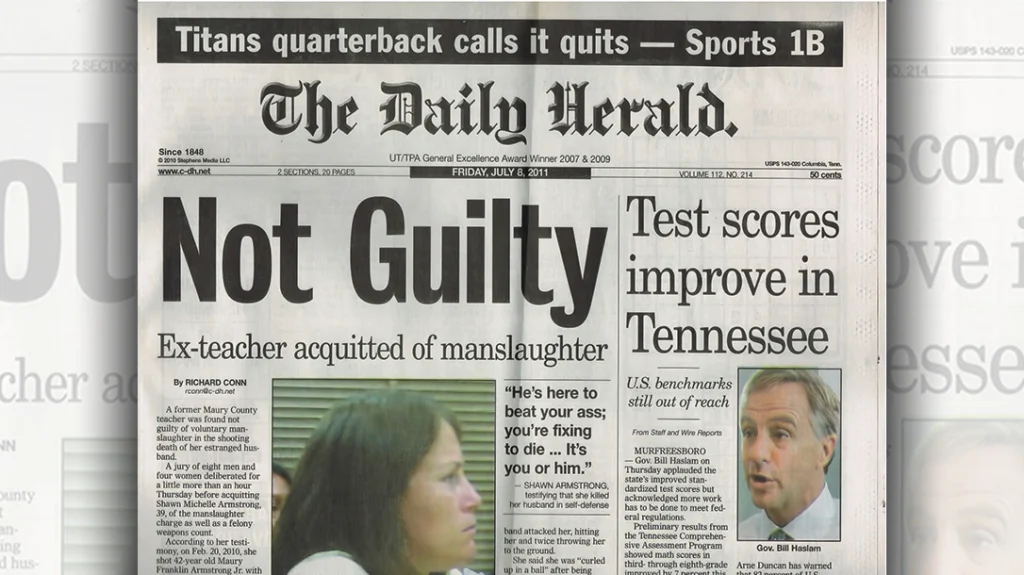
Case Two: Florida v. Luis Alvarez
The young field training officer from Miami PD shot and killed a man who went for his illegally carried, stolen gun in an attempt to murder Alvarez and his young rookie, Luis Cruz. The shooting triggered a race riot, and as if to placate the rioters, he was charged with Manslaughter.
You can read about it in “Black’s Law,” the book written by the great defense lawyer Roy Black. Black, with brilliant co-counsel Mark Seiden, destroyed the false allegation and won an acquittal after two hours of deliberation. It ended what was then the longest trial in Florida history. The young Alvarez’s own testimony was absolutely critical to the victory.
Advertisement — Continue Reading Below
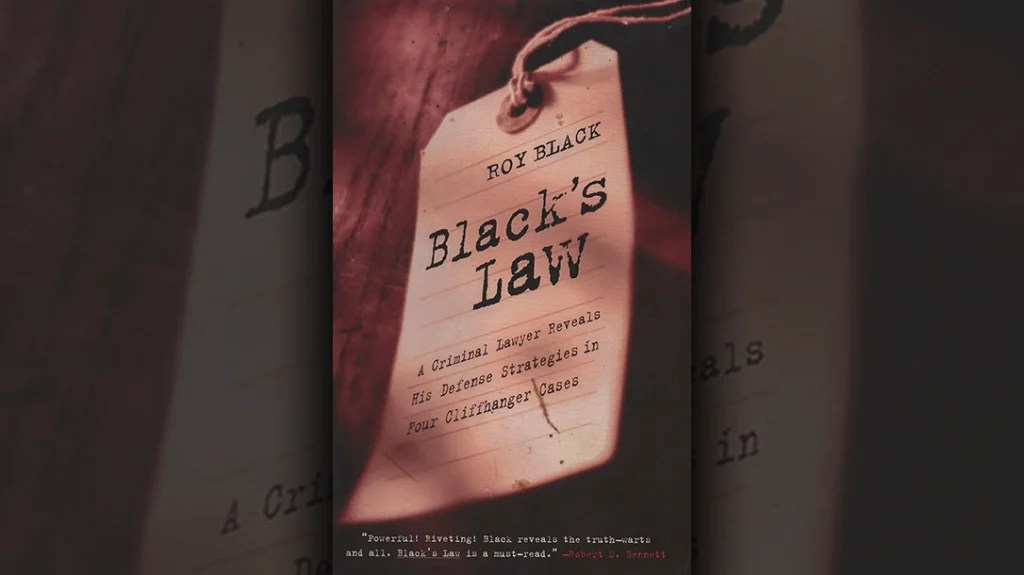
I was an expert witness for the defense in both cases and got a lot of credit for the acquittals. However, I’ll say: I was there, and the testimony of the defendants themselves was absolutely pivotal to those righteous verdicts.
Case Three: Brian Camp
We saw the same dynamic in a trial I wasn’t involved in but merely watched.
Advertisement — Continue Reading Below
Case Three was tried in Northhampton, Massachusetts, in late 2024. Brian Camp, in his early twenties, was asleep in his bed when his significant other’s raging, much larger former boyfriend broke in, jumped him in bed, and began strangling him and trying to gouge his eyes out.
Camp gave a moving, blow-by-blow testimony of the terrible physical battle that followed. It ended when the defendant got hold of a SIG 9mm and shot the attacker. This testimony was critical to his ultimate acquittal. He had been charged with manslaughter.
When the Defendants Don’t Testify
Sometimes, you can’t put the defendant on the stand. The reasons might be medical.
Case Four: Florida v. Brooker
This case involved a heart patient who shot and killed an armed robber who was swinging a stolen .38 to bear on him. His doctors told his lawyer, the famed Jeff Weiner, that if he put his client on the stand, he might win the case but lose his client because he didn’t think Will’s heart could stand the stress of trial.
After my deposition and some demonstrative evidence, Weiner convinced the prosecutor’s office to agree to a withhold of adjudication. The case went away.
Cases Five and Six: Battered Women
I’ve testified for multiple battered women who shot or stabbed the abuser in self-defense. In Cases Five and Six, I agreed with the lawyers that we couldn’t put the defendant on the stand.
In Florida v. Mary Hopkin, the defendant was a lifelong battered woman who had learned to survive by telling aggressive males whatever they wanted to hear. Submitting her to cross by the very aggressive male prosecutor would have been like feeding a lamb to a lion.
Fortunately, the brilliant attorney, Mark Seiden, had enough factual evidence for us to win her acquittal. It came after two hours of jury deliberation.
In New York v. Lydia Salce, the defendant was too distraught to testify in her first trial. The judge did not allow an expert witness for the defense, and she was convicted. The appeal was successful, in part, because of the judge’s failure to allow expert testimony.
I was able to testify in her second trial. By then, she had come to terms with things and brilliant defense lawyer Drew Blumenberg had prepped her well enough to put her on the stand. Her testimony was calm, unflustered, and persuasive—and she was at last acquitted of all charges.
Case Seven: Florida v. George Zimmerman
Perhaps the most famous example of a defendant in a self-defense shooting who didn’t take the stand but prevailed anyway was Case Seven, Florida v. George Zimmerman, the notorious death of Trayvon Martin.
I had no part in the case but discussed it prior to trial with his attorneys, Mark O’Mara and Don West. I later also discussed it with Zimmerman himself. We all believed he would have handled himself very well on the witness stand. He didn’t testify because he didn’t need to!
Without counsel, he had done a walk-through and full interview with detectives the day after the shooting. He handled it without a single misstep. That video, played for the jury by the prosecution, said everything he would have said on the stand without exposing him to a cross-examiner’s trick questions.
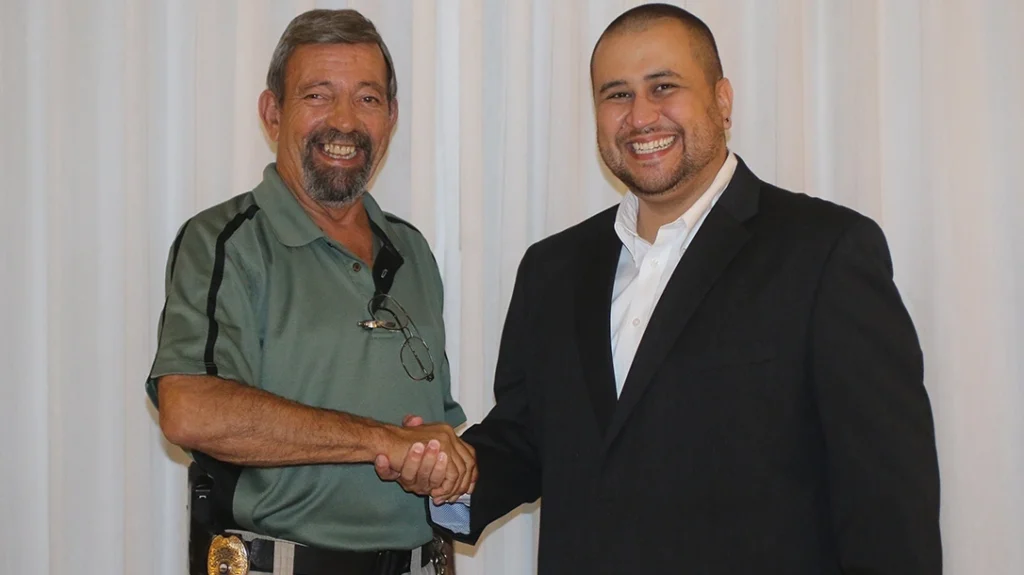
Closing Argument
The trial of a defendant who shot in genuine self-defense is almost 180 degrees different from the typical guilt mitigation strategies used to defend actual criminals. One key element is that only the defendant who pulled the trigger can fully explain why he or she did what they did to twelve strangers who hold their life and future in their hands.
Ayoob’s Law Number Whatever holds that if a guilty man’s lawyer gives you a guilty man’s defense, you’re likely to end up with a guilty man’s verdict. Thus, “I never put my defendant on the witness stand” tends to be the sign of an attorney who doesn’t know how to defend innocent people in self-defense cases.
